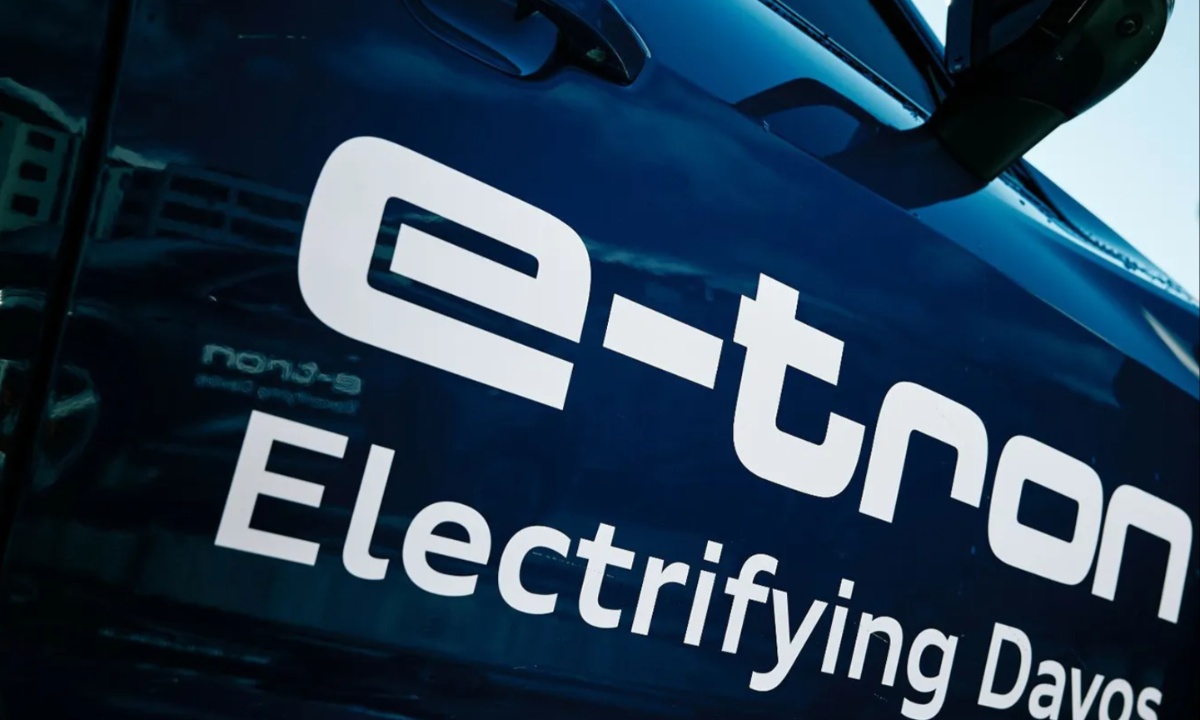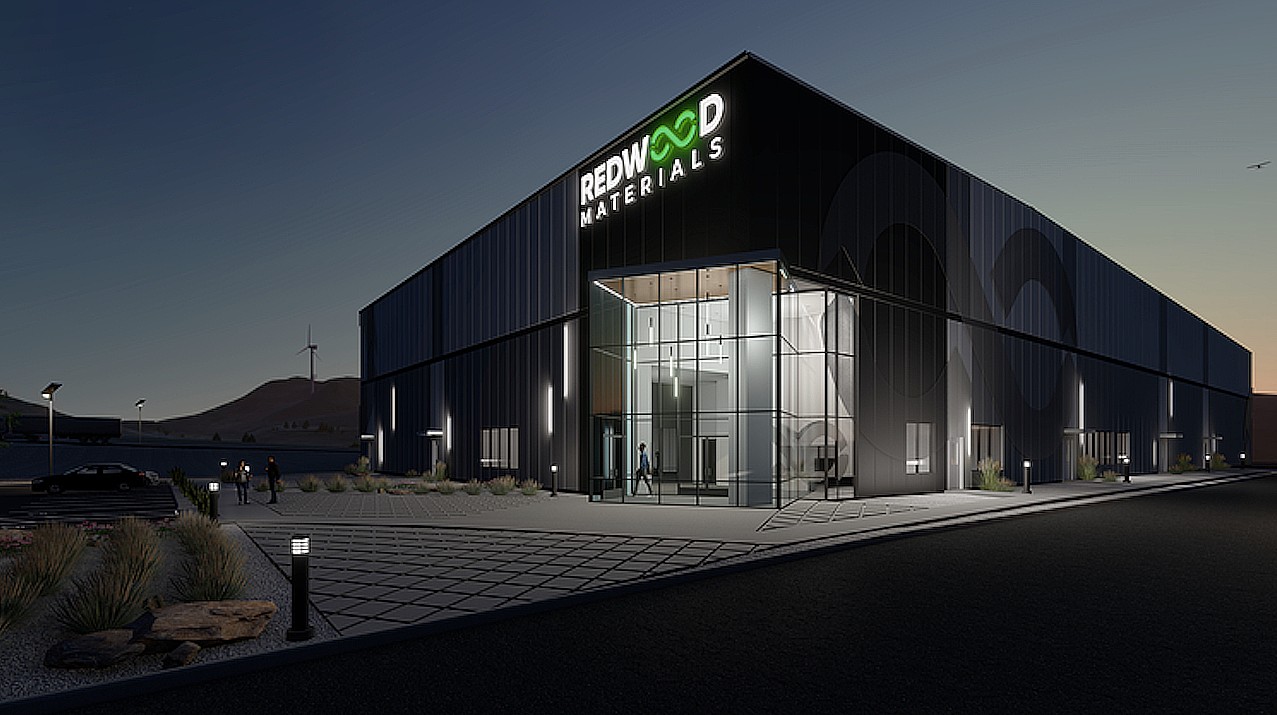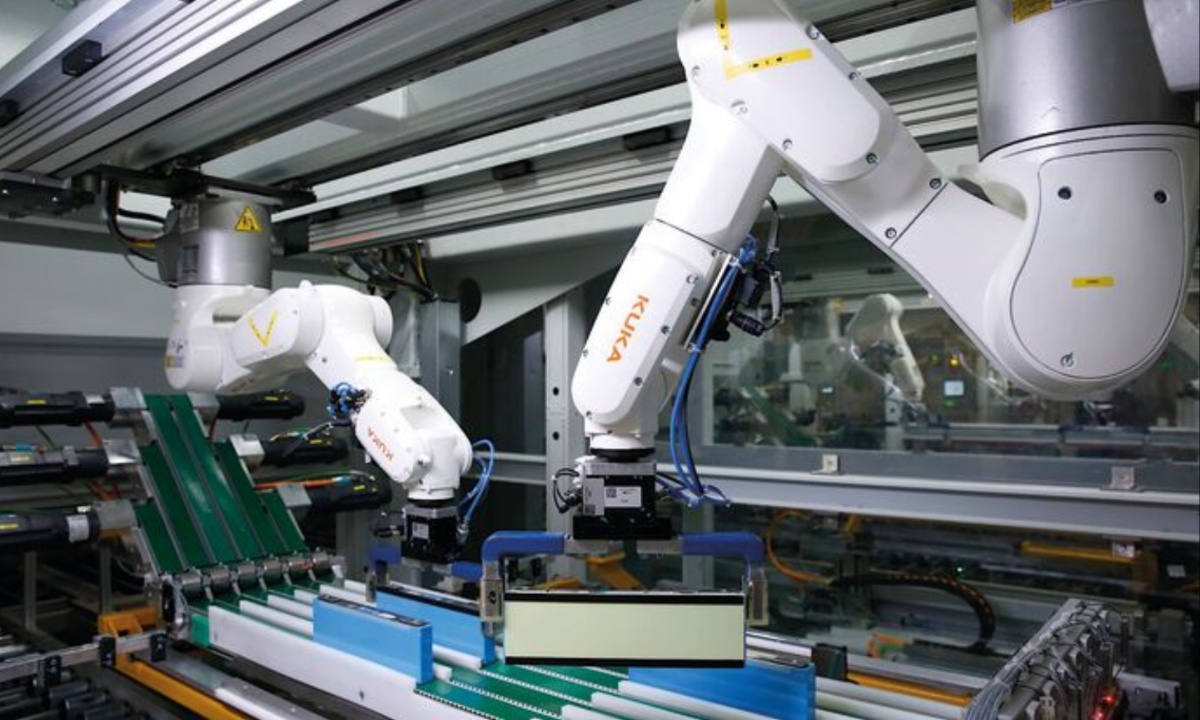Electric vehicles (EVs) play a critical role in reducing air pollution and meeting climate change goals. The International Energy Agency (IEA) forecasts that global EV stock must grow by 36% annually to reach 245 million vehicles by 2030. While EVs themselves do not emit CO2, their lithium-ion batteries are made from raw materials such as cobalt, lithium, and nickel, which raise environmental and ethical concerns due to the environmental impact of mining and the potential for global shortages as demand for batteries rises.
One of the key challenges in managing EV batteries is the low recycling rate for lithium-ion batteries, which is estimated to be under 5%. In contrast, lead-acid batteries are recycled at a much higher rate (99%). The difficulty in recycling lithium-ion batteries is due to their complexity and cost, and many batteries are not designed with reuse or recycling in mind. This means that when discarded, the metals in these batteries can contaminate soil and water, posing additional environmental risks.
To address these challenges, organizations are working on innovative solutions to improve battery recycling and create more sustainable manufacturing processes. The IEA predicts that the capacity for repurposing automotive batteries will grow by 560% by 2030, underscoring the need for better waste management.
Companies like Redwood Materials, Li-Cycle, Aceleron, ReCell Center, and the Global Battery Alliance are pioneering efforts to create circular supply chains for battery materials, improve recycling methods, and develop more sustainable battery technologies. These efforts aim to reduce waste, conserve raw materials, and support the broader goal of achieving climate objectives through cleaner transportation solutions.

1. Global Battery Alliance (GBA)
The World Economic Forum’s Global Battery Alliance (GBA) is a coalition of public and private organizations focused on building a circular battery supply chain. The GBA emphasizes that such a system is crucial for achieving the Paris Agreement’s climate goals. The alliance estimates that batteries could contribute to a 30% reduction in carbon emissions in the transport and power sectors and provide 600 million people with electricity by 2030, while also creating 10 million sustainable jobs. One of the GBA’s key initiatives, the Battery Passport, aims to establish a digital certification for battery sustainability.
2. Li-Cycle
Li-Cycle, a Canadian company, is working to create a closed-loop lithium-ion battery recovery system. The company estimates that by 2030, about 15 million tonnes of lithium-ion batteries will reach the end of their lifecycle. Li-Cycle uses leaching instead of smelting, allowing it to recover more than 95% of raw materials from batteries and contribute to the circular economy.

3. Redwood Materials
Redwood Materials, based in Nevada, is on a mission to lead the global battery recycling industry. The company seeks to create a circular supply chain by recycling raw materials such as cobalt, copper, and nickel from used batteries. Redwood uses a combination of pyrometallurgy, which burns batteries to remove organic materials, and hydrometallurgy, which uses acids to extract metals. By 2020, Redwood was on track to recycle more than 1GWh of battery scrap.
4. Aceleron
Aceleron, a UK-based clean technology company, is developing sustainable lithium-ion battery packs. Co-founder Carlton Cummings points out that many batteries today aren’t designed with their second life in mind, which makes reuse challenging. Aceleron aims to create batteries that are easier to disassemble, encouraging reuse and supporting a circular system. These batteries can also be repurposed to store energy at EV charging points.
5. ReCell Center
The U.S. Department of Energy’s ReCell Center is a collaborative effort between academia, industry, and national labs to improve lithium-ion battery recycling techniques. The center’s goal is to make battery recycling profitable by optimizing the recovery of high-value materials, enhancing productivity, and reducing costs. Through these efforts, ReCell also aims to cut waste, create jobs, and reduce U.S. dependence on foreign raw materials.
These organizations are at the forefront of developing more sustainable and efficient solutions to address the environmental challenges of EV batteries and contribute to the transition to a cleaner, greener future.

